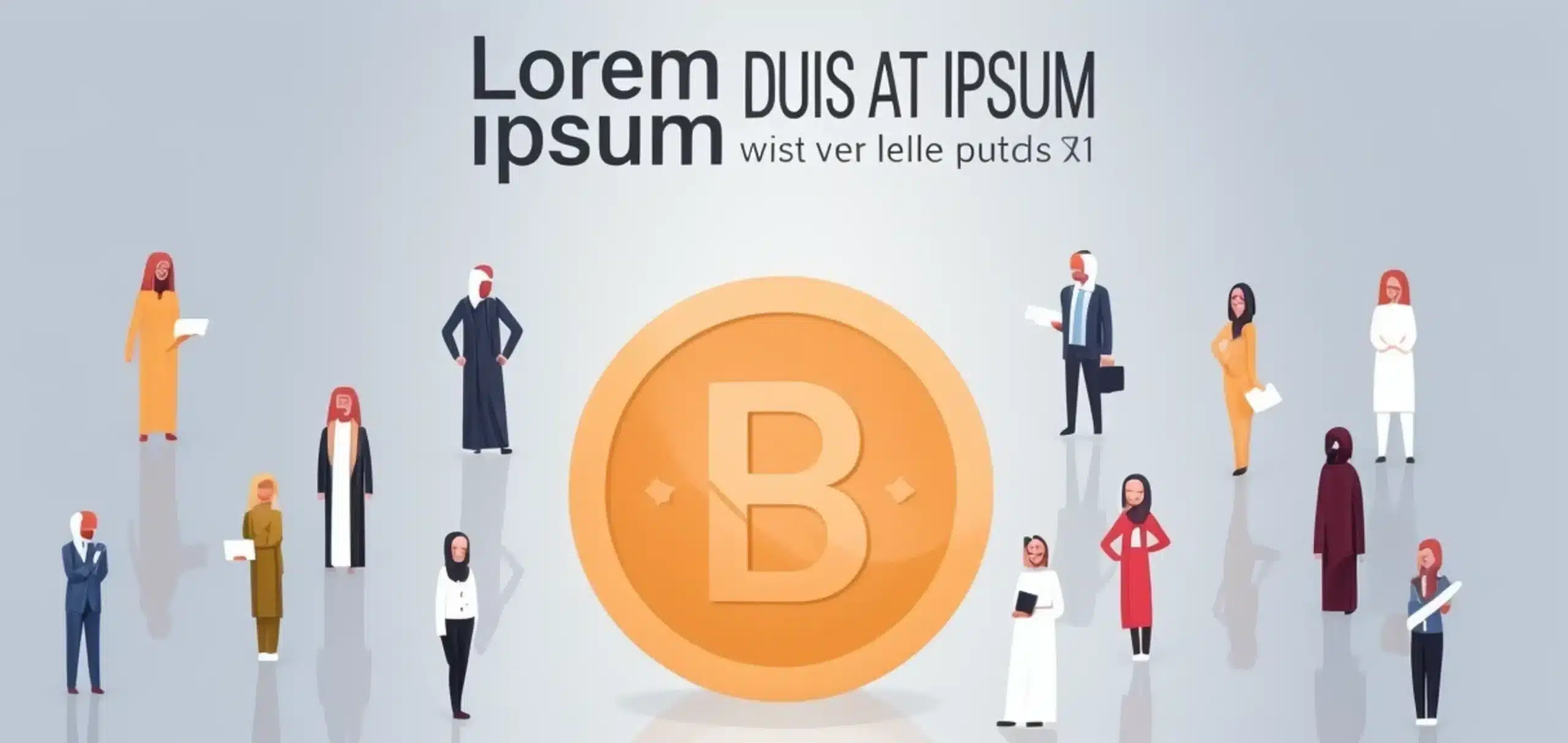How Everyday Users Are Using Virtual Bank Accounts to Join the Crypto Revolution
The rise of fragmented globalization is reshaping financial landscapes as everyday users leverage virtual bank accounts to navigate the crypto revolution. With economic instability and evolving crypto regulations, understanding this shift is crucial for individuals seeking financial liberation amidst traditional banking challenges.
Impacts of Fragmented Globalization on Banking
Fragmented globalization refers to a scenario where trade and economic interactions are not uniformly distributed across countries, leading to discrepancies in financial accessibility. This phenomenon is increasingly relevant to banking, where the interconnectedness that once defined global finance is now disrupted. Traditional banks often face challenges in adapting to these shifts, particularly when dealing with international clients, due in part to varying regulations and compliance hurdles. As reported by Bloomberg, these disruptions can hinder the traditional banking system’s efficiency, making it difficult for users to engage in seamless transactions.
Virtual bank accounts emerge as critical solutions in this fragmented landscape. They provide a bridge, allowing users to bypass local banking limitations while accessing global financial systems. These digital accounts enable quick transactions, including conversions to cryptocurrencies, thus helping users navigate the complexities of fragmented globalization more effectively.
Adoption of Cryptocurrency in Daily Transactions
The adoption of cryptocurrency has surged among everyday users, fundamentally changing how individuals manage their finances. With over 300 million cryptocurrency users reported globally, the momentum continues, indicating a shift in consumer behavior as people seek alternatives to traditional finance. Virtual bank accounts play a pivotal role in this evolution by facilitating easy access to crypto transactions, as they often provide integrated wallets that simplify the process.
Many users find benefits in employing virtual accounts for cryptocurrency transactions. These accounts typically enhance security, reduce fees associated with traditional banking, and streamline the process of buying and selling cryptocurrencies. In essence, virtual bank accounts allow users to incorporate cryptocurrency into their daily financial activities more seamlessly. For instance, individuals can receive payroll directly in USDC, a stablecoin, which they can utilize for various transactions without worrying about currency fluctuations.
How Users Manage Economic Instability with Virtual Accounts
Amid economic instability, users increasingly turn to virtual accounts to foster financial resilience. Strategies employed by these users include diversifying their assets and utilizing cryptocurrencies as a hedge against inflation. According to Yahoo Finance, cryptocurrencies can act as a safe haven during economic downturns, providing more control over personal finances in volatile markets.
The safety net provided by virtual bank accounts becomes crucial during times of economic uncertainty. These accounts often feature advanced security measures, safeguarding funds from banking crises. Real-world scenarios demonstrate this resilience; for example, users who had their assets in virtual currencies experienced less devaluation during inflationary periods compared to those reliant on traditional banking systems. As more individuals adapt these strategies, virtual bank accounts are likely to become a fundamental resource in managing economic risks.
Current Regulations Impacting Crypto Usage
The landscape for cryptocurrency usage is shaped significantly by ongoing regulatory developments. Current regulations vary widely by country, influencing how users can leverage digital assets and navigate the complexities of compliance. Understanding these regulations is key to successfully integrating cryptocurrencies into daily life.
Virtual bank accounts assist users by providing tools to manage these regulatory challenges effectively. They often include built-in compliance measures that simplify adherences to local laws, enabling users to focus on their financial objectives instead of getting bogged down by red tape. As discussed in recent analyses, anticipated changes in legislation could signify a shift toward more favorable environments for cryptocurrency users, with the potential to integrate more comprehensive compliance solutions through virtual accounts, enhancing user experiences even further.

World App’s Innovative Approach to Banking
World App is at the forefront of this transition, offering innovative solutions through its virtual bank accounts. With initiatives such as direct payroll deposits in USDC, World App streamlines the integration of everyday finances into the crypto economy. Users can automatically convert their salaries into a stable digital currency without requiring employers to engage directly with blockchain technology.
This approach not only simplifies the traditional banking experience but embodies the vision of more inclusive finance. As reported by CoinDesk, pilot programs have begun trialing these solutions, showcasing early success in enhancing user experience and providing more accessible financial services. This innovative strategy speaks to the broader trend of aligning traditional financial practices with modern digital solutions, thereby expanding opportunities for users in various economic environments.
Practical Steps to Join the Crypto Revolution
For those eager to adopt virtual bank accounts, several practical steps can facilitate this transition. First and foremost, users should research reputable virtual bank services that align with their needs and offer features such as cryptocurrency integration. Here are some recommendations:
– Choose a User-Friendly Platform: Look for interfaces that simplify managing finances and crypto transactions.
– Set Up Strong Security Protocols: Implement two-factor authentication and monitor account activity regularly.
– Educate Yourself on Cryptocurrency: Familiarize yourself with different currencies and how to integrate them into daily financial routines.
Resources such as online courses, webinars, and user communities can provide crucial support during this transition. By leveraging virtual bank accounts and cryptocurrency, individuals can better navigate financial uncertainties, aligning their efforts with the needs of a rapidly changing economic landscape. As users embrace these new tools, they can effectively participate in the ongoing crypto revolution.




















